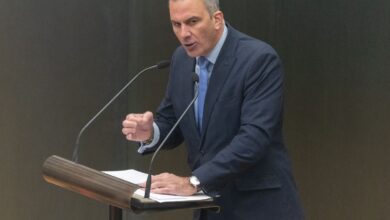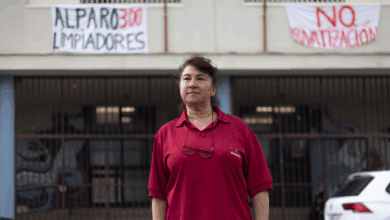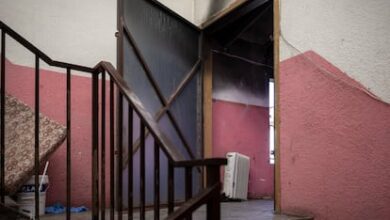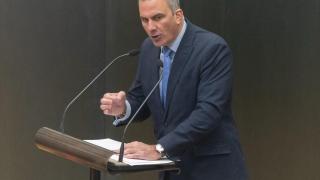
In 2025, Andalusia’s healthcare system is undergoing sweeping changes as regional authorities have decided to cut staffing expenses at the region’s largest public hospitals. The total savings will amount to 91 million euros, impacting six key medical centers.
The biggest changes are expected at Regional de Málaga hospital, where the staff budget will be reduced by almost 10% compared to last year. Similar trends are seen at other major institutions: Virgen del Rocío in Seville, Virgen de las Nieves in Granada, Puerta del Mar in Cádiz, Ciudad de Jaén, and Juan Ramón Jiménez in Huelva. Together, these hospitals will bear the brunt of the cutbacks, which is already raising concerns among the medical community.
Impact on patients and medical staff
Reduced funding is inevitably affecting department operations. Doctors and nurses note that not all vacancies will now be filled after retirements or sick leaves. This increases the workload for the remaining staff, while patients face longer waiting times for consultations, tests, and surgeries. In some cases, hospital admissions may be delayed by a day or more.
The shortage of specialists is especially acute in laboratories and diagnostic services. Some hospitals have already had to temporarily close night shifts or limit screening procedures. As a result, the quality and accessibility of medical care are declining, and doctors are experiencing both emotional and physical burnout.
Widening inequality and a shift toward private healthcare
Staff cost-cutting has coincided with increased funding for outsourcing some services to private clinics. Over the past year, spending on such outsourcing has grown by more than 20%. This widens social inequality: those who can afford private insurance leave the public system, while the rest are forced to wait longer and receive lower-quality care.
The situation is even worse in rural and sparsely populated areas: these regions already lack doctors, and now access to healthcare has become even more limited. All this undermines trust in the healthcare system and fuels public dissatisfaction.
Innovation challenges and outlook
The cuts affect not only day-to-day operations, but also the introduction of new technologies and treatment methods. Hospitals have to postpone the purchase of modern equipment and staff training, which stalls medical progress in the region. Some new departments, such as adolescent psychiatric units, remain closed due to a shortage of staff.
In response, several hospitals have seen strikes and protests. Medical workers are demanding a budget review and decent working conditions. Regional authorities maintain that the cuts will not impact the quality of care, but the real situation in hospitals suggests otherwise.












